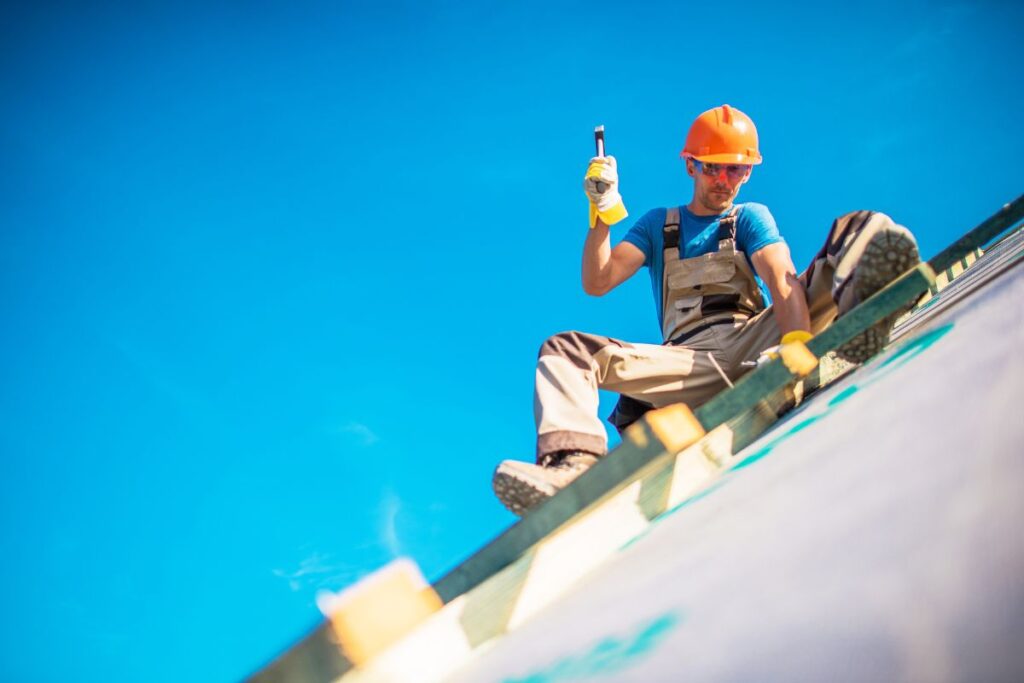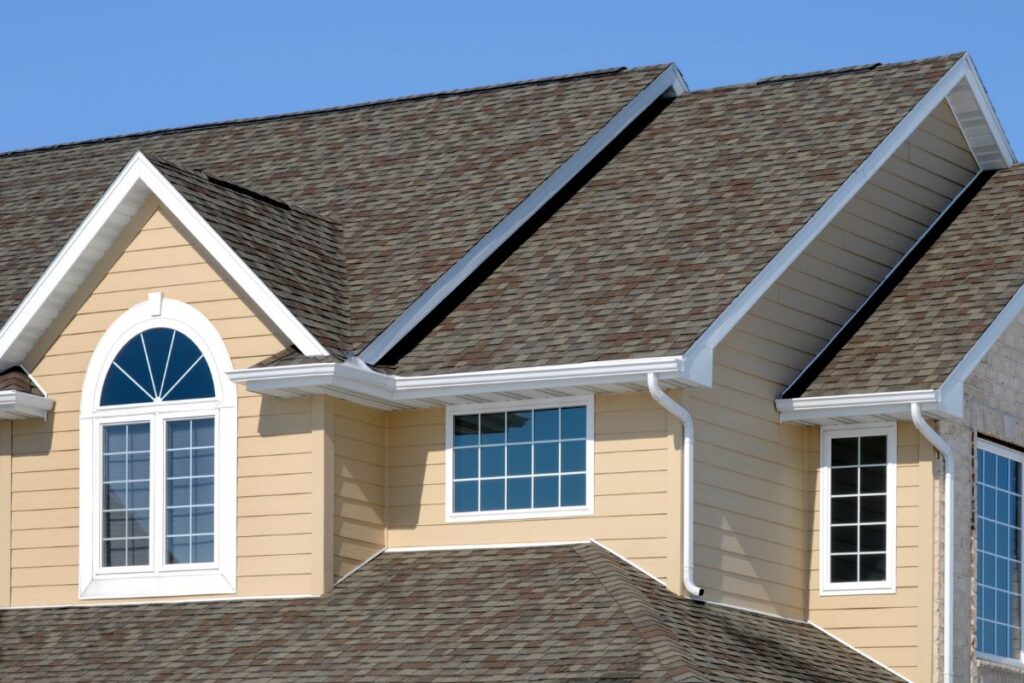Roofing warranties are essential considerations when installing or replacing a residential roof. They offer a degree of protection and assurance, helping homeowners feel secure in their roofing investment. However, warranties can be complex, and understanding what they cover—and what they don’t—is vital for any homeowner. This guide breaks down key points to understand about residential roofing warranties.
- Types of Roofing Warranties
There are two primary types of roofing warranties: manufacturer warranties and workmanship warranties.
Manufacturer Warranties cover the roofing materials. If there’s a defect in the roofing material, such as premature cracking, blistering, or other issues, the manufacturer will replace the faulty materials. Some manufacturers also offer “system warranties” that cover other components of the roof, like flashing and underlayment.
Workmanship Warranties are provided by the roofing contractor and cover installation errors. If your roof fails due to improper installation, the contractor is responsible for the necessary repairs or replacements.
- What’s Covered
Not all damages are covered under a roofing warranty. Typical manufacturer warranties cover defects in the roofing material that cause leaks. Remember, these warranties do not cover damages due to improper installation—that’s where a workmanship warranty comes in. Also, most warranties will not cover damage caused by severe weather, acts of God, or neglect of proper maintenance by the homeowner.
- Prorated Vs. Non-Prorated
Some warranties are prorated, meaning the coverage decreases over time. For instance, if your new roof has a 30-year prorated warranty and it fails 15 years in, the manufacturer may only cover a fraction of the replacement cost. Non-prorated warranties, on the other hand, maintain the same level of coverage for the entire warranty period.
- Transferability
If you sell your home, can the roofing warranty be transferred to the new owner? Some warranties allow for this, which can be a selling point for potential buyers. However, the terms and conditions for transferability can vary—some may require a transfer fee, while others may offer limited coverage for subsequent owners.
- Regular Maintenance is Key
Most warranties require the homeowner to maintain the roof properly. Neglecting maintenance or failing to address minor issues can void the warranty. It’s advisable to document all maintenance and repairs as proof of your diligent care.
When selecting a roofing material or contractor, always ask about the warranty. Read the fine print and make sure you understand the coverage, limitations, and responsibilities. This knowledge will help you protect your investment and ensure that your roof stands the test of time.


